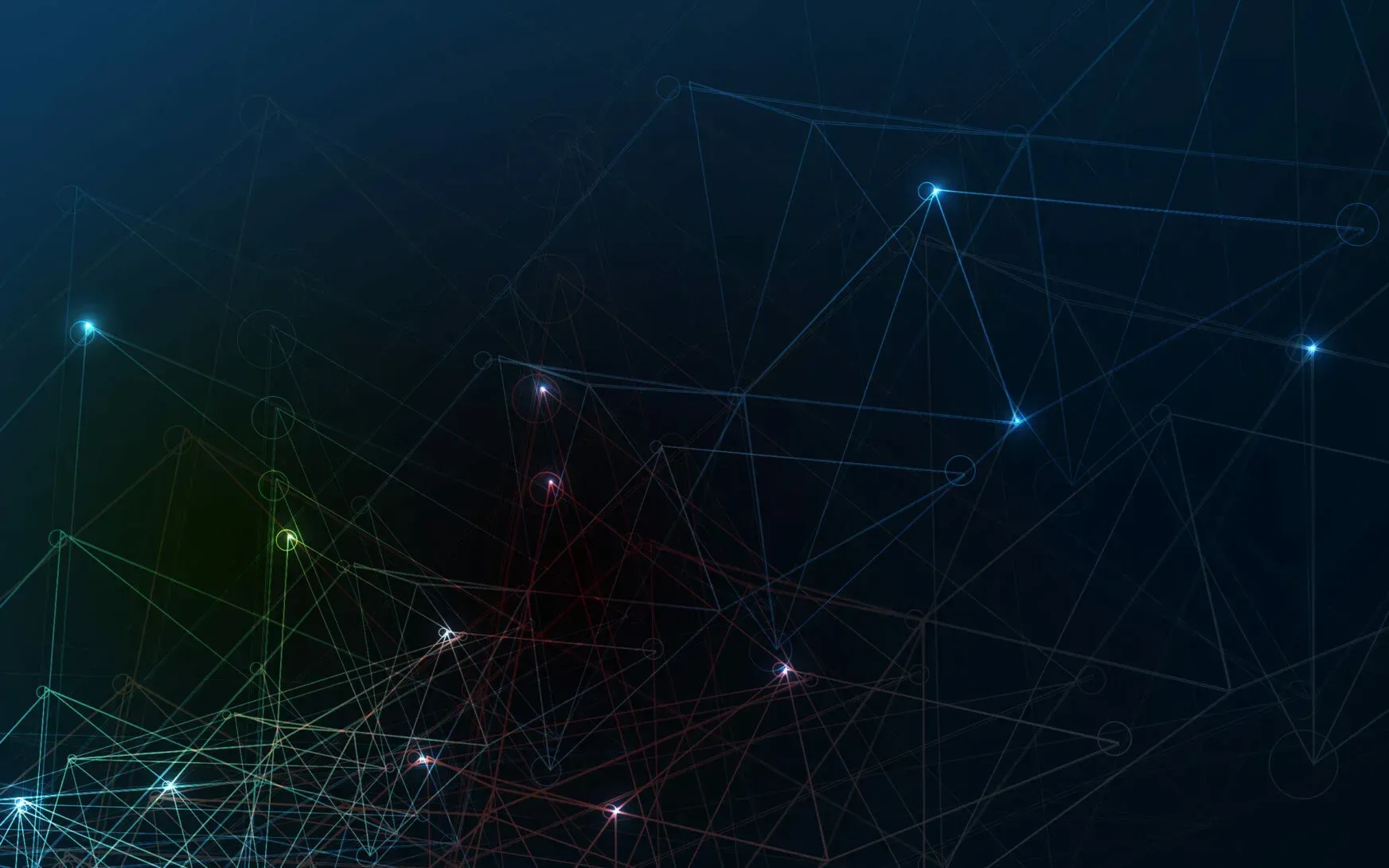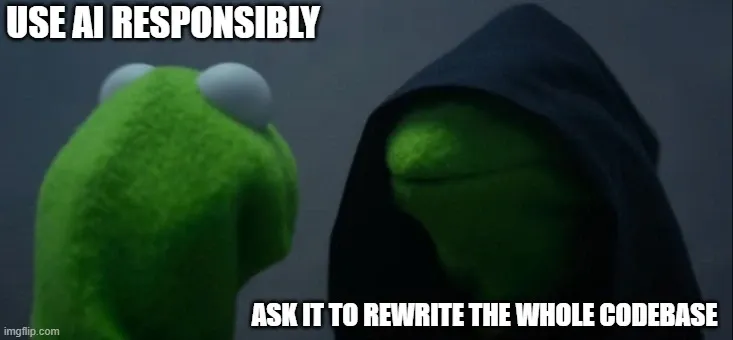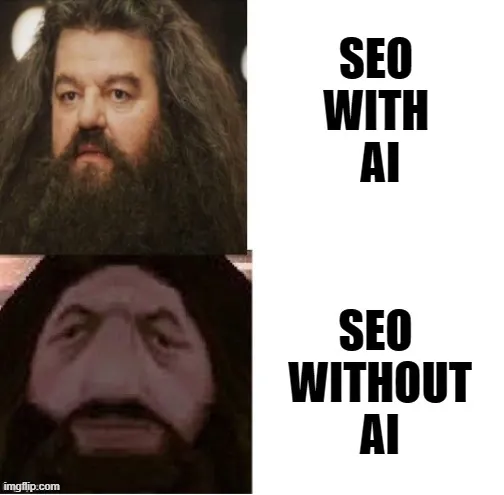Banning ChatGPT from your workplace?

Innovations such as ChatGPT and AI have begun transforming industries, enhancing productivity, and reshaping our work. However, it is common for some employers to resist change, as seen in the recent consideration of banning ChatGPT in certain workplaces. Ironically, this resistance mirrors the initial scepticism surrounding the rise of the Google Search engine.
The rise of Google Search in the 90s
internet was met with scepticism. Some organizations were even hesitant to adopt Google, Open Source or web technology, fearing a potential loss of control over information. However, with time, the power and convenience of Search became evident, revolutionising how we access and retrieve information.
Similarly, today's employers face a comparable dilemma with ChatGPT and AI innovations. The idea of AI-powered chatbots and language models might raise concerns about job security or a loss of control. Employers may worry that employees will rely too heavily on ChatGPT, decreasing human interaction and creativity. However, it is crucial to recognize that ChatGPT is not meant to replace human employees but to augment their capabilities and streamline their work processes.
Benefits of ChatGPT and AI in the Workplace: ChatGPT and AI technologies can potentially bring significant benefits to the workplace. Here are a few key advantages:
- Enhanced Efficiency: AI-powered chatbots can handle routine and repetitive tasks, freeing up employees' time for more valuable and creative work. This allows employees to focus on tasks that require human judgment and problem-solving abilities.
- Improved Customer Service: ChatGPT can be integrated into customer support systems, providing instant responses to customer queries and improving overall customer satisfaction. With AI's ability to analyze vast amounts of data, chatbots can offer personalized and efficient solutions.
- Knowledge Management: AI-powered language models can assist in knowledge management, enabling employees to access information and expertise quickly. This can enhance collaboration, reduce redundancy, and foster a culture of continuous learning within organizations.
- Streamlined Workflows: ChatGPT can automate repetitive administrative tasks, such as scheduling meetings or organizing data, allowing employees to focus on more strategic and value-added activities. This streamlining of workflows can lead to increased productivity and improved work-life balance.
‘Computer says no?’
While change can be met with scepticism, history has shown us that innovation ultimately brings positive transformations. The rise of social media platforms has undoubtedly negatively impacted productivity and work-life balance, but it has also created opportunities for engagement and collaboration. Similarly, ChatGPT, AI, and large language models (LLMs) have the potential to reshape industries, revolutionize workflows, and empower employees with new tools and capabilities.
Rather than resisting these innovations, employers should embrace them with an open mind, recognizing their potential to enhance productivity, creativity, and employee well-being. Proper integration of AI technologies, combined with effective training and guidance, can help organizations leverage the power of ChatGPT to improve work-life balance, boost productivity, and drive growth.

Optimize with ZEN's Expertise
Upgrade your development process or let ZEN craft a subsystem that sets the standard.
Read more:

My Rusty Christmas: How Rust earned a place next to C++, Java, Python and Go (and made me argue with rust traits)
Every few years, a new language earns a permanent place in your toolkit. Not because it’s fashionable. Not because the i...

The Reality Check: LLM-Generated Code vs. Human Engineers
LLMs and “AI-assisted coding” are rapidly reshaping how we develop software. Auto-complete, boilerplate generation, refa...

Why I Keep Coming Back to Games: Two Books for the Beach (or Poolside)
Summer 2025 Poolside reading: must-read books about working in game development ...

The AI Revolution: How Generative AI is Making SEO practices Obsolete!
Artificial Intelligence (AI) and Generative AI are leading a revolution that will obsolete traditional SEO practices lik...

AI is the missing piece of the Productivity Puzzle
Today, I’d like to plea that Artificial Intelligence (AI) is the missing piece of the productivity puzzle, revolutionizi...

Revolutionising Regulatory-Compliant Voice Data Management with CyberCloud CallController
In an era where regulatory compliance is paramount for organizations governed by stringent frameworks such as MiFID, PCI...
